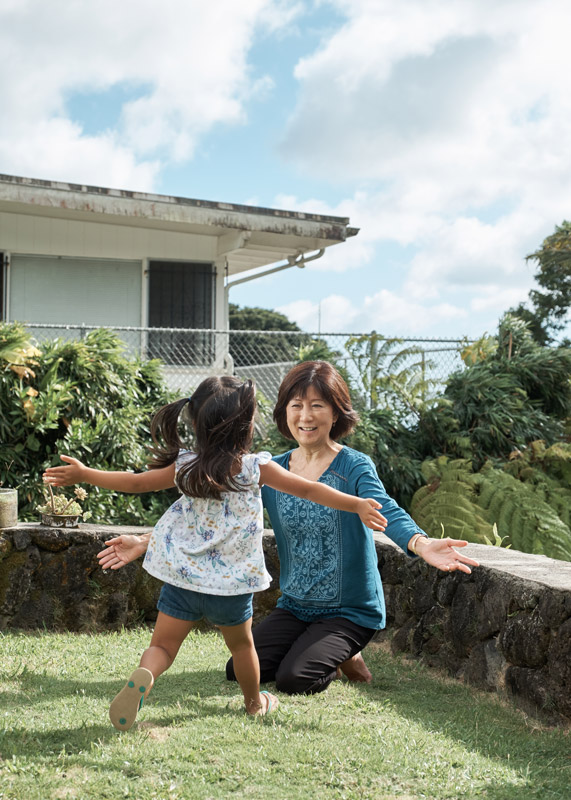Grief can be one of the most intense emotions a person ever experiences. Certainly, grief is often accompanied by a very powerful set of emotions, thoughts and behaviors that are sometimes frightening in their intensity to the person who experiences them for the first time.
Grieving is often a time of great pain, sadness and loneliness. It is also often a time of great personal growth, as we learn to build a new life for ourselves in the here and now, without that person we love. Grieving serves the purpose of allowing us to gradually detach from an emotional investment we may have made in a very close relationship, or over a very long time.
The way people grieve for someone dear they have lost, the length of time they grieve, and the thoughts and emotions they have, are very personal, and are influenced by many factors.
Generally speaking – and there are no hard and fast rules – grief is more intense and more prolonged the closer you are to the person who dies, and the longer you have had that close relationship. Loss of someone close is generally expected to be a much more difficult adjustment for a young person than for an adult, and may lead to greater difficulty in grieving later losses. And, surprisingly, it can be harder to grieve for someone with whom the relationship was difficult than someone with whom the relationship was very warm.
It is more difficult to grieve for a loss if you are dealing with other personal crises at the same time or if your social support network (family and close friends) is far away or is psychologically unable to support you. This can be especially true for young parents who lose a child, because both are grieving and may be unable to support each other.
The circumstances of the death and how prepared you were for it can have a major impact on the nature and period of grieving. So does your own personality and coping style.
Knowing in advance that the person is dying, and being able to participate in the person’s care, tend to lessen the intensity and period of grieving because you actually start the grief process before the person dies (anticipatory grieving). The grief process is also eased by many of the cultural and religious beliefs that we may hold dear. But even when we are glad and relieved that our loved one is beyond pain and suffering, and even when we are convinced that we will be rejoined in the hereafter, the pain and sadness of grief in the here and now are still very real, appropriate, and need to be “worked through.”

